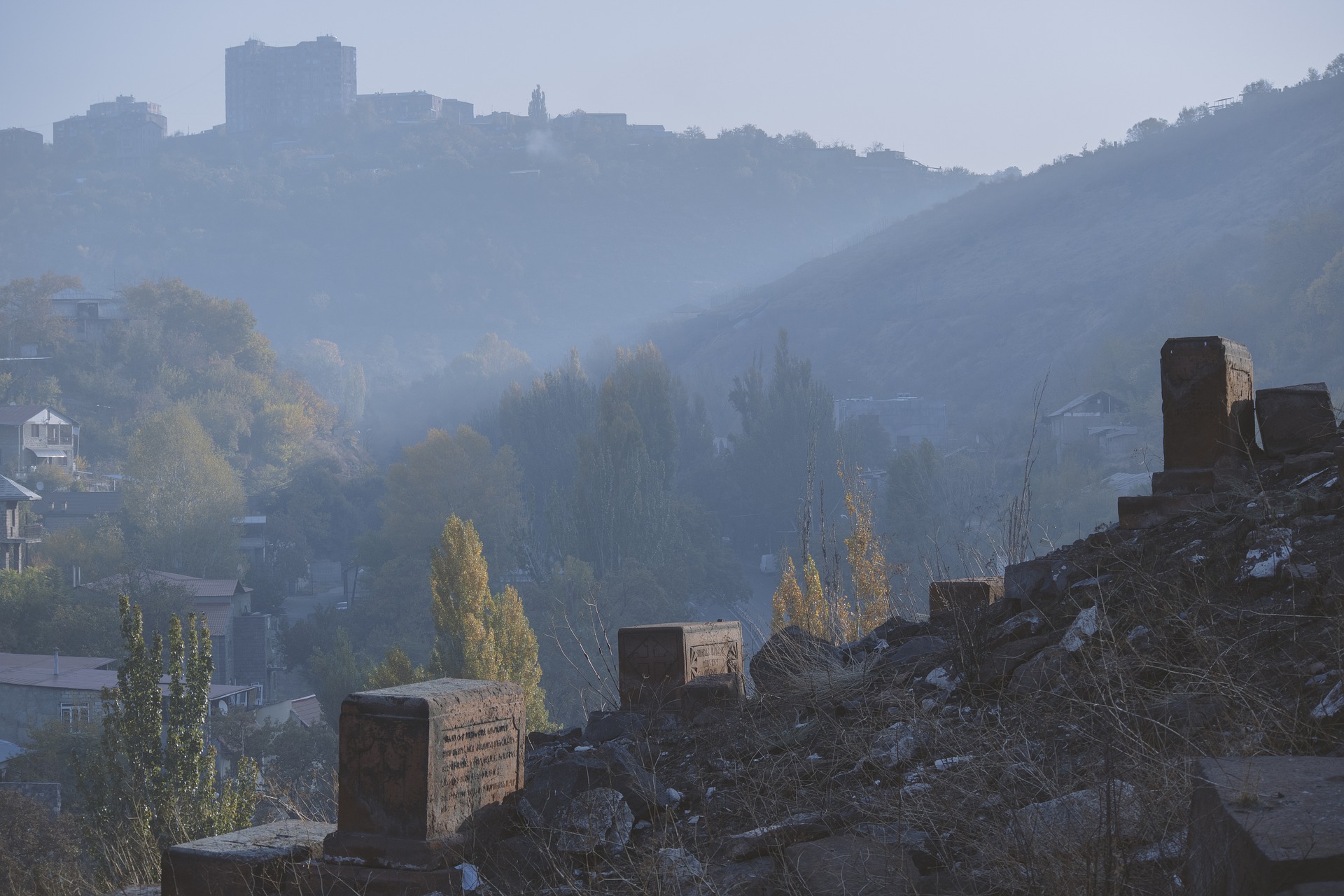US President Joe Biden said on Saturday that the massacre of Armenians in the Ottoman Empire in 1915 was genocide, a historic statement that irritated Turkey and further strained relations between the two NATO allies.
This largely symbolic move has been endorsed by the Armenian diaspora in the United States, but it comes at a time when Ankara and Washington are facing deep political differences over many issues.
The Turkish government and much of the opposition have shown a rare unity in their rejection of Biden’s statement. Foreign Minister Mevlut Cavusoglu said Turkey “completely rejects” the US decision, which he said was based “solely on populism”, while the opposition condemned it as a “serious mistake”.
Biden’s message was greeted with “great enthusiasm” by the people of Armenia and Armenians around the world, Armenian Prime Minister Nicole Pashinyan wrote in a letter to the US president.
In his statement, Biden said that the American people respect “all those Armenians who died as a result of the genocide that took place 106 years ago.”
In comments to mitigate the blow, a senior administration official told reporters that Washington still considers Turkey an important NATO ally and calls on Armenia and Turkey to reconcile.
For decades, measures to recognize the Armenian genocide have stalled in the US Congress, and most US presidents have refrained from doing so due to fears about relations with Turkey and intense lobbying by Ankara. Ronald Reagan, the former president of the United States from California, the center of the Armenian diaspora in the United States, was the only president of the United States to publicly call the killings genocide.
Turkey acknowledges that many Armenians living in the Ottoman Empire were killed in clashes with Ottoman troops during World War I, but denies these figures and denies that the killings were systematically organized and constituted genocide.
In Montebello, California, a city in Los Angeles County where many Armenians are of Armenian descent, members of the community held a small gloomy ceremony during which they laid a cross of flowers at the monument to the victims. Some participants wore badges reading “genocide denies recurrence of genocide.”
Raffi Amparyan, chairman of the Armenian National Committee of America, said in a statement that “Biden’s principled position … directs America toward the justice and security necessary for the future of the Armenian nation.”
A year ago, while still a presidential candidate, Biden paid tribute to the 1.5 million Armenian men, women and children who died in the last years of the Ottoman Empire and said he would support efforts to recognize the killings as genocide.
Ties between Ankara and Washington have been strained, ranging from Turkey’s purchase of Russian S-400 air defense systems, which has been the subject of US sanctions, to political differences in Syria, human rights and the judiciary. against a state in which the majority of Turkey’s population is owned by Halkbank.
Previous US presidents have dropped promises to recognize the Armenian genocide for fear of damaging US-Turkish relations, said Nicholas Danforth, a non-resident of the Greek Foundation for European and Foreign Policy.
“Since the relationship is already in decline, nothing can stop Biden from continuing the case,” Danforth said. “There are no allies left in Ankara in the US government to lobby against this, and Washington is not worried about making Turkey more angry.”
Turkish President Tayyip Erdogan has established close ties with former US President Donald Trump, but after Biden came to power, Washington became more active in talking about Turkey’s human rights achievements. He also insisted that Ankara get rid of Russia’s defense systems.
Biden also postponed a telephone conversation with Erdogan until Friday, which was seen largely as a cold shoulder to the Turkish president, when he informed him of his decision to recognize the massacre as genocide.
Despite strained relations, Erdogan and Biden are due to meet in June on the sidelines of a NATO summit in Brussels.
Saturday’s statement was rejected by the Turkish government and several opposition politicians. Faik Oztrak, a spokesman for the main opposition People’s Republican Party, said “it will open wounds that will be difficult to heal not only in US-Turkey relations, but also in terms of a potential compromise between the peoples of Armenia and Turkey.”
The US Embassy in Turkey has said its offices in the country will be closed on Mondays and Tuesdays for visa services due to the possibility of protests.

